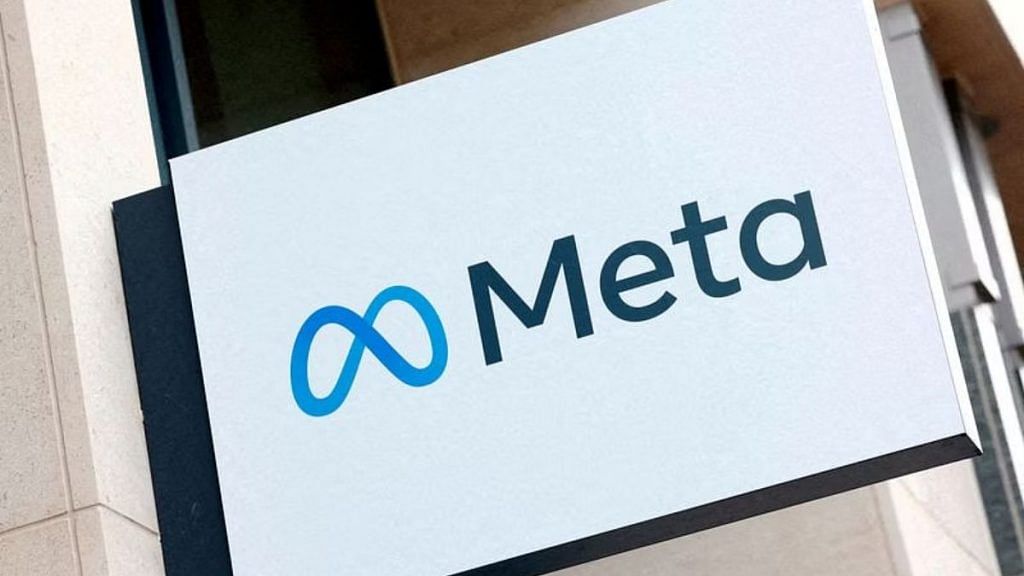Meta Platforms Inc lost a bid on Monday to end a lawsuit in Boston federal court claiming it stole confidential information from artificial-intelligence startup Neural Magic Inc.
Meta will have to face a trial over accusations that it took Neural Magic’s “breakthrough” algorithms that enable AI systems to process information more quickly, U.S. District Judge Denise Casper said.
The court also allowed testimony from an expert who said Meta owes Neural Magic as much as $766 million in royalties.
Representatives for Meta and Neural Magic did not immediately respond to requests for comment on the decision. The trial is currently set to begin in September.
Somerville, Massachusetts-based Neural Magic was founded by two former Massachusetts Institute of Technology researchers. Its investors include venture capital firm Andreessen Horowitz, VMware, Comcast and Verizon, according to its website.
Neural Magic sued Meta, then known as Facebook, in 2020 for allegedly stealing algorithms that enable simpler computers to run complex mathematical calculations more efficiently and allow research scientists to use larger data sets.
The lawsuit said Meta hired away a Neural Magic computer scientist, Aleksandar Zlateski, who gave the social-media giant the algorithms that make up the “heart” of Neural Magic’s technology.
Neural Magic said Meta published the algorithms on open-source website GitHub and thanked Zlateski for solving a “key problem for Facebook’s continued advancement in the world of artificial intelligence.”
Meta asked the court to throw out the case last year, arguing Neural Magic had failed to identify any protectable trade secrets and that Zlateski had not acquired the information improperly. But the court on Monday allowed Neural Magic’s case to continue for all but one of the 41 secrets it accused Meta of misappropriating.
Casper granted parts of Meta and Zlateski’s request, rejecting Neural Magic’s claims that they violated a non-competition clause or engaged in unfair business practices under Massachusetts law.
The case is Neural Magic Inc v. Meta Platforms Inc, U.S. District Court for the District of Massachusetts, No. 1:20-cv-10444.
(Reporting by Blake Brittain in Washington)
Disclaimer: This report is auto generated from the Reuters news service. ThePrint holds no responsibilty for its content.
Also read: Meta plans to cut thousands of jobs as soon as this week – Bloomberg…
